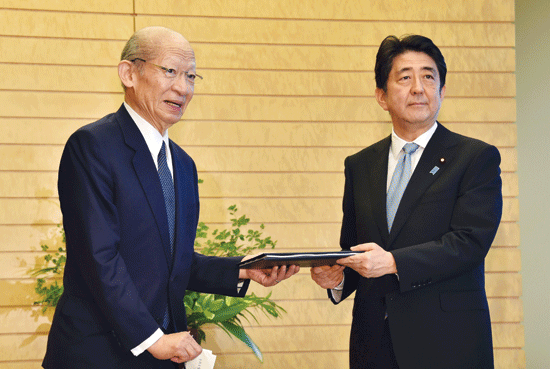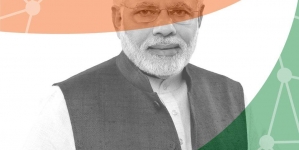-
Tips for becoming a good boxer - November 6, 2020
-
7 expert tips for making your hens night a memorable one - November 6, 2020
-
5 reasons to host your Christmas party on a cruise boat - November 6, 2020
-
What to do when you’re charged with a crime - November 6, 2020
-
Should you get one or multiple dogs? Here’s all you need to know - November 3, 2020
-
A Guide: How to Build Your Very Own Magic Mirror - February 14, 2019
-
Our Top Inspirational Baseball Stars - November 24, 2018
-
Five Tech Tools That Will Help You Turn Your Blog into a Business - November 24, 2018
-
How to Indulge on Vacation without Expanding Your Waist - November 9, 2018
-
5 Strategies for Businesses to Appeal to Today’s Increasingly Mobile-Crazed Customers - November 9, 2018
Japan PM says he will express ‘remorse’ over WWII
“It is inaccurate to say that Japan fought to liberate Asia”, it said, calling for “reconciliation” with China and Korea.In a landmark address to a joint session of the US Congress in April, Abe expressed his “deep remorse” over Japan’s actions towards neighbouring Asian nations during World War II.South Korea has long urged Abe to offer a clear and unequivocal apology for its colonial-era atrocities, including the sexual slavery issue, so as to move relations between the two countries forward, but Abe has refused to do so while attempting to whitewash wartime wrongdoings.
Advertisement
After receiving the report, Abe said, “I’d like to work out a statement to send out to the world”.
The report released Thursday did not specify what Abe should say in his statement marking the 70th anniversary of the end of World War II later this month, or whether he should use the same language to convey the apology from 1995 by then-Prime Minister Tomiichi Murayama. Among the five issues are the history of the world and Japan in the 20th century and the lessons to be drawn from it; evaluation of postwar Japan’s commitment to peace; and Japan’s reconciliation with Asian and Western countries. Abe has repeatedly talked of the need for what he calls a “forward-looking attitude” that concentrates on the positive role Japan has played in Asia since its surrender in 1945.
The report says that while Japan achieved reconciliation with the United States, Australia, Europe and Southeast Asian countries over the 70 years after the war, Tokyo has not yet “fully achieved” reconciliation with China and South Korea.
The Associated Press reported that the panel did not reach a consensus on the definition of the word “aggression”, according to Shinichi Kitaoka, the panel’s co-chairman. It said Japan should continue its efforts toward reconciliation with those countries.
In addition, as Abe’s advisors wrote in their report, Tokyo also tries to beautify Japan’s aggressive war as a war for Asia’s liberation.
South Korea said parts of the report were “one-sided claims” that did nothing to help reconciliation between the two countries’ people.
“The Abe Cabinet upholds the positions of past prime ministers in their entirety on historical understanding”.
Kishida replied that he does not know the details of the statement as it will be delivered by the prime minister, but believes it will reaffirm Japan’s regret over the war and intention to remain a peaceful nation, the official said.
“We are aware of the report that was issued by the advisory panel”, said Mark Toner, State Department deputy spokesman, at a regular briefing.
The report said that based on lessons learned from the war and on remorse, Japan has been “reborn as a country that is completely different” from what it was in the first half of the 20th century.
Observers have pointed out that Abe may, nonetheless, expand on his “personal opinion”, instead of expressing the official view adopted in the cabinet meeting and approved by the ruling coalition.
Advertisement
But he has also questioned use of the term aggression – a key phrase in the Murayama statement – and his stated desire to issue forward-looking comments in his own words has raised concerns that he wants to dilute past apologies.





























